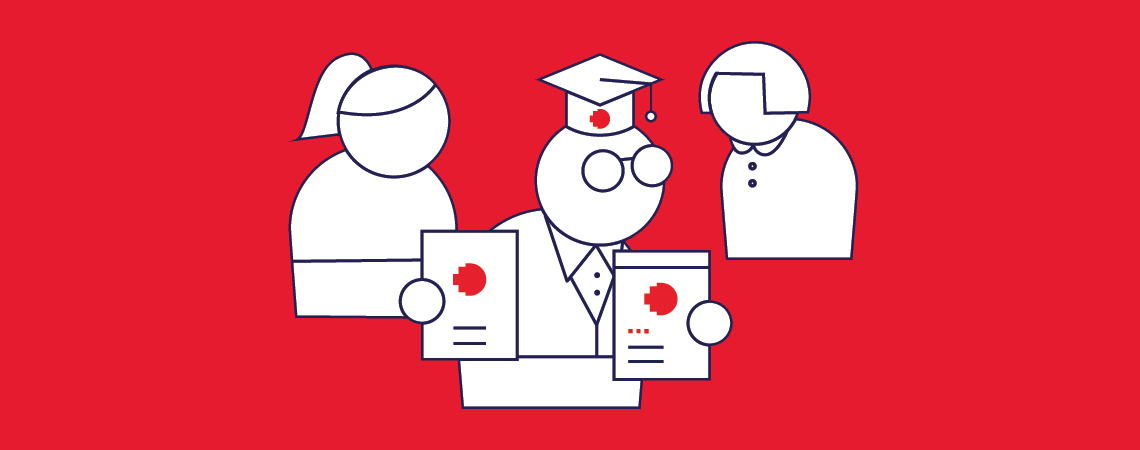This degree is aimed at students starting out in a career in engineering. It allows you to specialise in one of seven major engineering disciplines.
Aerospace graduates may work in the aerospace industry as an aircraft maintenance engineer or aerospace design engineer at paraprofessional level.
A civil major will allow you to work in civil and structural fields that include laboratory technicians, research assistants, construction supervisors, or CAD draftspeople.
A major in computer and network engineering will allow you to pursue a career in networking, internetworking, IP telephony, network design, or network support.
With a major in electrical and electronics, you can work in electronic design, service engineering, or microprocessor programming.
Students who major in mechanical or advanced manufacturing and mechatronics can work in roles including product design and process, production planner, or automation specialist.





